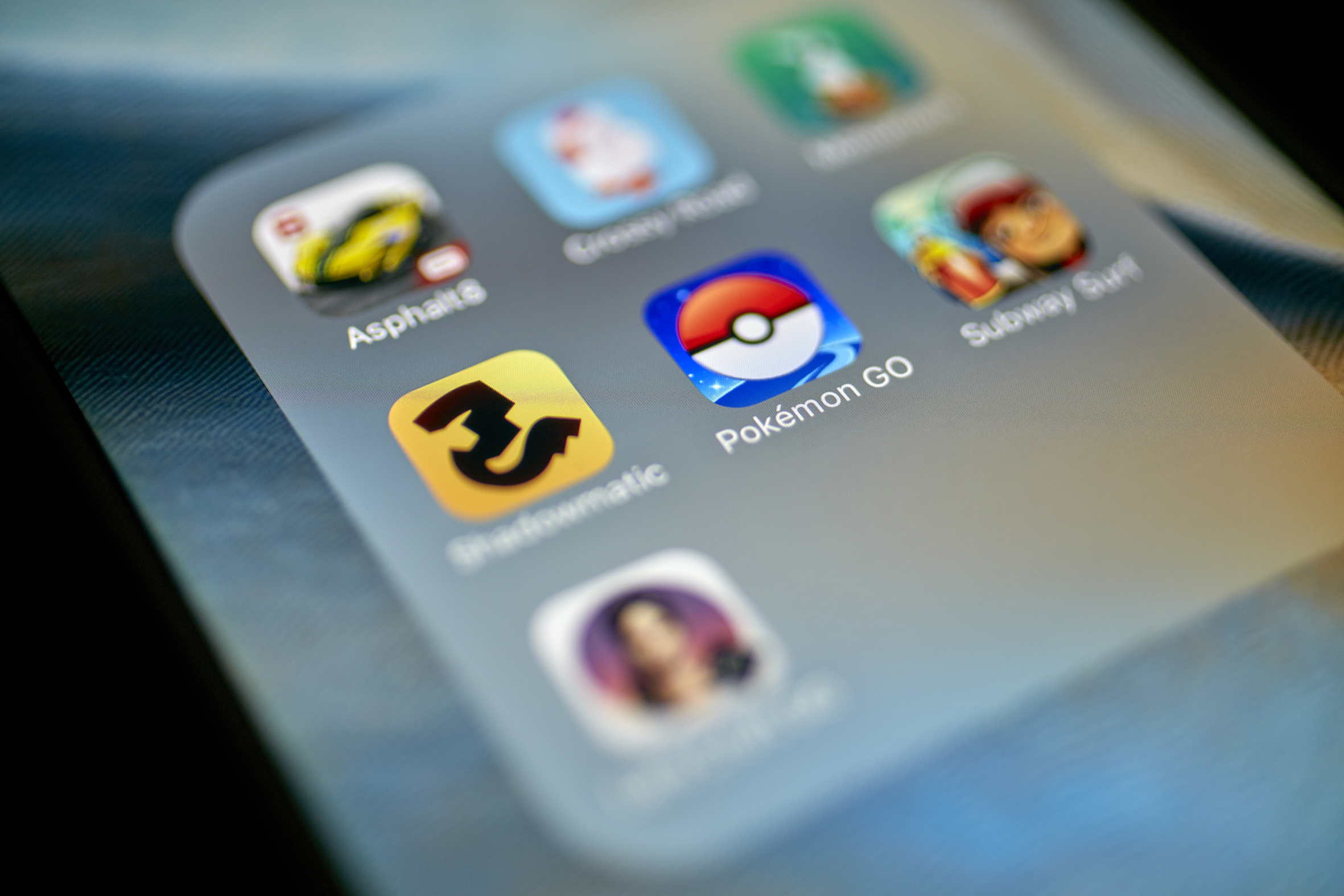Pokémon GO: can it really augment health?

Pokémon GO, the augmented reality game has become a sensation since its launch just a few weeks ago, becoming the most popular smartphone app ever.
The free-to-download app has overtaken previous record holder Candy Crush Saga, attracting roughly 21 million daily users in the US alone.
The digital game uses GPS technology to lead players to seek out and collect Pokémon characters, which when viewed through a smartphone appear overlaid onto the real world.
Players, known as "trainers," must walk around to find and catch Pokémon and discover specific locations called Pokéstops. People caught up in the craze are walking for miles across their towns and cities to discover Pokéstops and Pokéballs, and are meeting like-minded 'trainers' at these hotspots.
Many enthusiasts to claim the game is the reverse of many traditional video games, which confine people to hours of isolation in their homes, sitting for hours on end in front of the screen. This has led some health commentators to say the game could have a major impact on physical and mental health for players.
Pokémon GO
There are downsides, however: there are reports of users unaware of their surroundings walking into dangerous situations.
The benefits of exercise for treating mental health issues has been long known as well as social interaction for treating anxiety problems and many are reporting via social media how the game is helping them with their own issues.
Some say that PokemonGo has helped them with their mental illness. Has it helped you? Let's hear your thoughts! https://t.co/HtH6tXtq3o
— RethinkMentalIllness (@Rethink_) July 13, 2016
However, early claims for its potential as a treatment for mental health issues, or a exercise app need to be taken with a pinch of salt. This is not least because most apps see their use drop off precipitously after a short period. While Pokémon GO is far more compelling that most health apps, its longevity is yet to be demonstrated.
Nevertheless, the huge success of the game will undoubtedly generate new interest in augmented reality games, with the potential health benefits - accidental, unintended or otherwise - a likely focus for developers.












